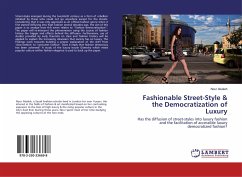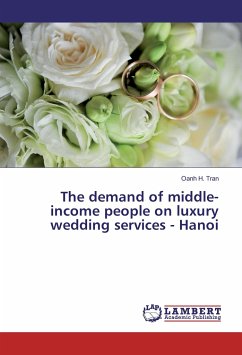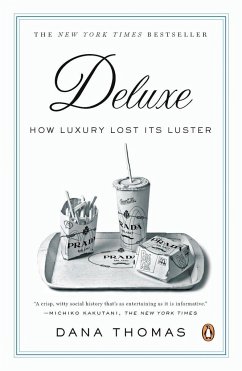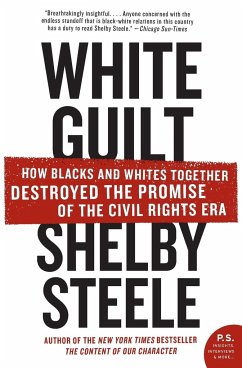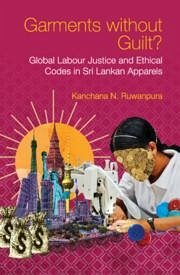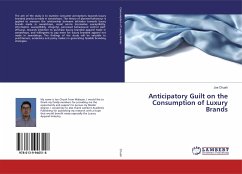
Anticipatory Guilt on the Consumption of Luxury Brands
Versandkostenfrei!
Versandfertig in 6-10 Tagen
47,99 €
inkl. MwSt.

PAYBACK Punkte
24 °P sammeln!
The aim of the study is to examine consumer perceptions towards luxury branded products made in sweatshops. The theory of planned behaviour is applied to measure the relationship between attitudes towards luxury brands made in sweatshops, social norms (normative susceptibility, information susceptibility, integrity), perceived behavioural control (self-efficacy), towards intention to purchase luxury branded apparel made in sweatshops, and willingness to pay more for luxury branded apparel not made in sweatshops. The findings of the study will be valuable to practitioners, academics and policy ...
The aim of the study is to examine consumer perceptions towards luxury branded products made in sweatshops. The theory of planned behaviour is applied to measure the relationship between attitudes towards luxury brands made in sweatshops, social norms (normative susceptibility, information susceptibility, integrity), perceived behavioural control (self-efficacy), towards intention to purchase luxury branded apparel made in sweatshops, and willingness to pay more for luxury branded apparel not made in sweatshops. The findings of the study will be valuable to practitioners, academics and policy makers in generating feasible branding strategies.




